Educating Sommeliers Worldwide.
By Beverage Trade Network
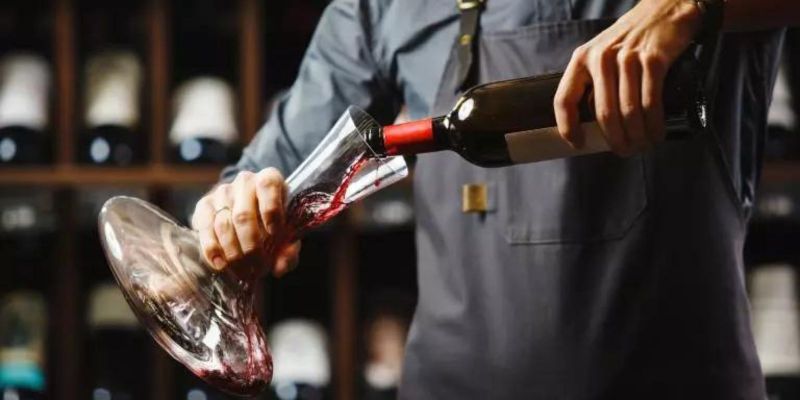
A sommelier plays a pivotal role in enhancing the dining experience by expertly selecting and pairing wines with food. Their skills go beyond a deep knowledge of wine, they also master various soft tools that aid in their service. These tools, although not always tangible, are essential in creating a seamless and memorable experience for the guests. This article focuses on the soft tools of the trade for sommeliers, exploring their uses and significance in the realm of fine dining. Understanding these tools can offer insights into the subtleties that elevate wine service to an art form.
Verbal communication is the cornerstone of a sommelier’s role. They must articulate wine choices clearly, describing flavors, aromas, and origins in an informative and engaging way. Effective communication involves:
- Descriptive Language: Using vivid and precise language to convey the characteristics of different wines. For example, describing a wine as having “notes of blackberry and a hint of spice” rather than simply “fruity.”
- Storytelling: Engaging guests with interesting anecdotes about the wine’s history, the vineyard, or the winemaker, which adds a personal touch and enriches the dining experience.
- Active Listening: Paying close attention to guests’ preferences and queries to tailor recommendations that best suit their tastes.
Non-verbal communication is equally important. It includes body language, facial expressions, and eye contact, which help in:
- Building Rapport: Establishing a connection with guests through warm and approachable body language.
- Conveying Confidence: Demonstrating expertise and assurance in wine selection and service through a poised and professional demeanor.
- Understanding Guests’ Reactions: Reading subtle cues from guests to gauge their satisfaction and adjust the service accordingly.
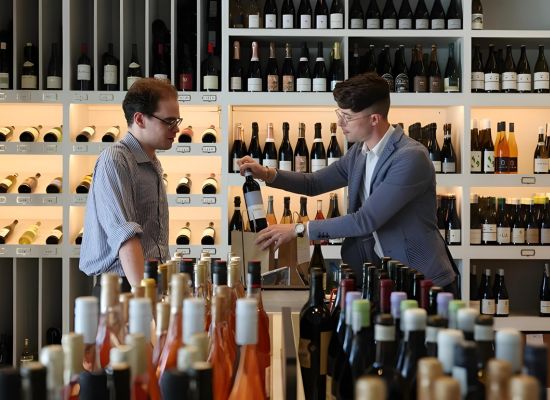
Source: Chicago Tribune
- A well-trained palate is a critical tool for any sommelier. This involves:
- Tasting Experience: Regularly tasting various wines to develop an acute sense of different flavors, textures, and nuances.
- Memory Building: Creating a mental library of taste profiles to accurately recall and compare different wines.
- Descriptive Ability: Being able to articulate complex flavor profiles in a way that is accessible and relatable to guests.
The ability to identify and describe aromas is a refined skill that enhances the sommelier’s ability to:
- Pair Wines and Food: Matching wines with dishes that complement and enhance their aromatic profiles.
- Educate Guests: Helping guests appreciate the subtleties of wine aromas, thereby enriching their tasting experience.

Source: Sommelier Choice Awards
A sommelier’s extensive knowledge of wine regions and varietals enables them to:
- Recommend Appropriately: Suggest wines that align with guests’ preferences and the cuisine offered.
- Educate and Inform: Provide guests with interesting facts and details about different wine regions and grape varietals, enhancing their overall experience.
Understanding the principles of food and wine pairing is crucial. Sommeliers use this knowledge to:
- Enhance Dining Experience: Recommend wine pairings that bring out the best in both the food and the wine.
- Create Unique Pairings: Offer innovative pairing suggestions that surprise and delight guests.
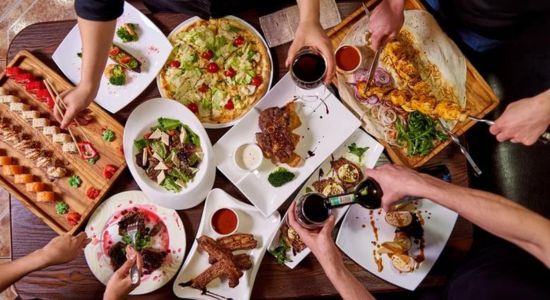
Source: Tasting Table
Exceptional customer service is at the heart of a sommelier’s role. This includes:
- Attentiveness: Being aware of guests’ needs and preferences without being intrusive.
- Personalization: Customizing recommendations based on individual guest profiles and past preferences.
- Problem Solving: Addressing any issues or concerns promptly and effectively to ensure guest satisfaction.
A sommelier often works closely with the kitchen and waitstaff to:
- Coordinate Service: Ensure that wine service complements the timing and flow of the meal.
- Educate Staff: Share knowledge and insights with the team to enhance overall service quality.
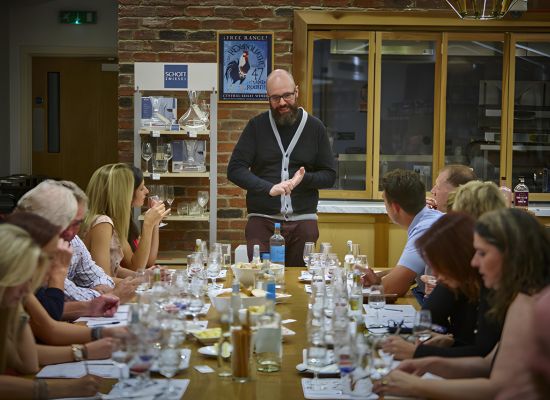
Source: House of Townend
Mastering the art of decanting and serving wine is essential. This involves:
- Technique: Using proper techniques to decant wines, especially older vintages, to enhance their flavor and aroma.
- Presentation: Serving wine with elegance and precision to enhance the guest experience.
Curating and managing the wine list requires:
- Selection: Choosing a diverse and balanced selection of wines that cater to different tastes and preferences.
- Updating: Regularly updating the wine list to reflect new trends, seasonal changes, and guest feedback.
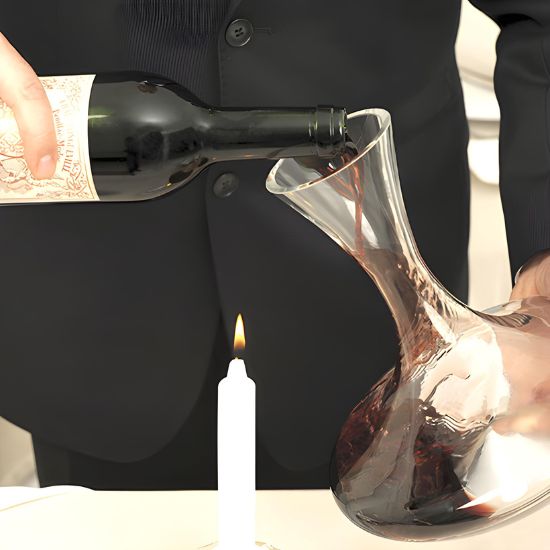
Source: Webstaurant Store
The world of wine is ever-evolving, and sommeliers must stay ahead of the curve to maintain their expertise and relevance. Attending tastings, seminars, and industry events is crucial for staying informed about new wines and emerging trends. Networking with winemakers, distributors, and other professionals provides valuable insights and keeps sommeliers connected to the broader wine community. Additionally, pursuing certifications from prestigious institutions such as the Court of Master Sommeliers or the Wine & Spirit Education Trust (WSET) underscores a sommelier's commitment to excellence and continuous improvement. These credentials enhance their credibility and recognition within the industry, showcasing their dedication to mastering the craft and delivering exceptional service.
The role of a sommelier extends beyond mere wine selection; it involves a blend of communication, sensory perception, knowledge, interpersonal skills, presentation, and continuous learning. These soft tools of the trade are instrumental in creating a memorable dining experience, ensuring that each guest leaves with a deeper appreciation for wine. By honing these skills, sommeliers not only enhance their expertise but also contribute significantly to the art of fine dining. Whether you are an aspiring sommelier or a wine enthusiast, understanding and appreciating these soft tools can enrich your wine journey.
Header Image Source: Cellar Asia